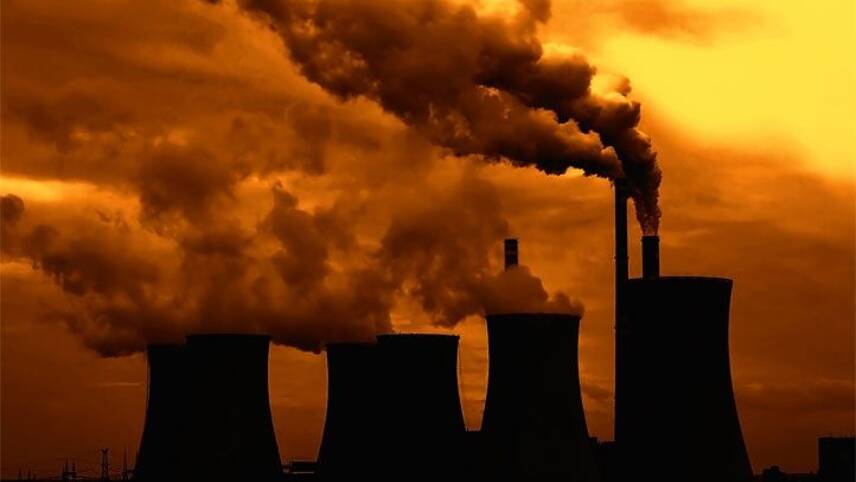Register for free and continue reading
Join our growing army of changemakers and get unlimited access to our premium content

Energy-related emissions increased by 0.9% in 2022
Published by REN21 this week, the latest Global Status Report tracks trends in the fields of energy policy, generation, consumption and markets.
The headline finding is that while global renewable energy generation capacity increased by some 5% each year between 2009 and 2019, compared with a 1.7% average annual capacity increase for fossil fuels, renewables are not penetrating the market as quickly as hoped.
The share of fossil fuels in the total global energy consumption mix remained steady. Coal, oil and gas accounted for 80.3% of the mix in 2009 and 80.2% of the mix in 2019. This was despite an increase in the proportion of total global energy consumption met with renewables, from 8.7% to 11.2%, across that ten-year period.
REN21 is particularly concerned that many nations are failing to use the need to deliver an economic recovery from Covid-19 to scale up renewable energy generation and consumption. In 2020, the report reveals, no new countries set policy frameworks designed to support the renewable energy sector, despite the fact that renewables were more resilient than fossil fuels to the pandemic’s impacts. In all previous years since 2010, more nations have introduced such policies.
Moreover, of the energy funding covered by the 31 national Covid-19 recovery packages covered in the REN21 report, 42% went to the fossil fuel industry. In comparison, 7% went to renewables, with far less going to solar or wind than to biofuels and energy-from-waste.
“Unfortunately, the harsh lesson from the pandemic is that most governments did not use the unique opportunity to further curtail carbon pollution and break the resistance of the fossil fuel incumbents,” CAN International’s senior advisor and report contributor Dr Stephan Singer said. “What counts for them is corporate profit – neither the climate nor people’s health.”
“Governments must not only support renewables but also rapidly decommission fossil fuel capacity,” REN21’s executive director Rana Adib added.
“A good way to accelerate development is to make the uptake of renewable energy a key performance indicator for every economic activity, every budget and every single public purchase. Thus, every ministry should have short-and long-term targets and plans to shift to renewable energy coupled with clear end-dates for fossil fuels.”
The International Energy Agency’s (IEA) recent roadmap to net-zero by 2050 warned that global investment in new coal plants without measures to abate emissions, as well as additional future fossil fuel extraction, should be ceased immediately. This report, like the REN21 report, has been sent to world leaders and relevant ministers ahead of COP26 in Glasgow this November.
Business demands
As well as providing a global policy and picture and an overview of government investment, the REN21 report tracks the private sector’s role in the energy transition.
It reveals that businesses collectively financed 23.7GW of new renewable electricity generation capacity in 2020 through Power Purchase Agreements (PPAs) with project developers. This is the largest year-on-year capacity addition through the PPA model since 2015. On a cumulative basis, the private sector has brought more than 90GW of additional capacity online since 2015.
In 2020 alone, PPAs accounted for almost 10% of global capacity additions. REN21 has identified the US as the leading market, with the EU quickly catching up, and nations like India and China beginning to scale their PPA markets more rapidly.
Join the conversation at edie’s Clean Energy & Transport Forum
Taking place on Thursday 15 July, the Clean Energy and Transport Forum is a brand-new online edie event that will connect energy and sustainability leaders from all major industries with policymakers, industry bodies, NGOs and net-zero carbon experts, to discuss what it will take to fully decarbonise our energy and transport systems.
The Department for Transport’s Parliamentary Under-Secretary of State Rachel Maclean has been confirmed as one of the keynote speakers for the event, along with The Climate Group’s chief executive Helen Clarkson, the Energy Institute’s chief executive Nick Wayth and Innovate UK’s senior innovation lead Harsh Pershad.
For a full agenda and to register now, click here.
Sarah George


Please login or Register to leave a comment.